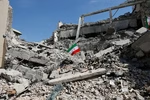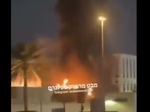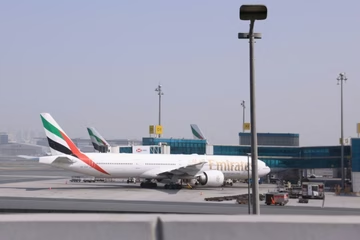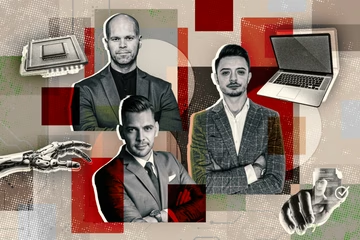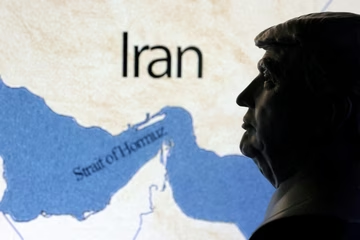Embassies urge authorities to meet obligations towards sexual violence victims
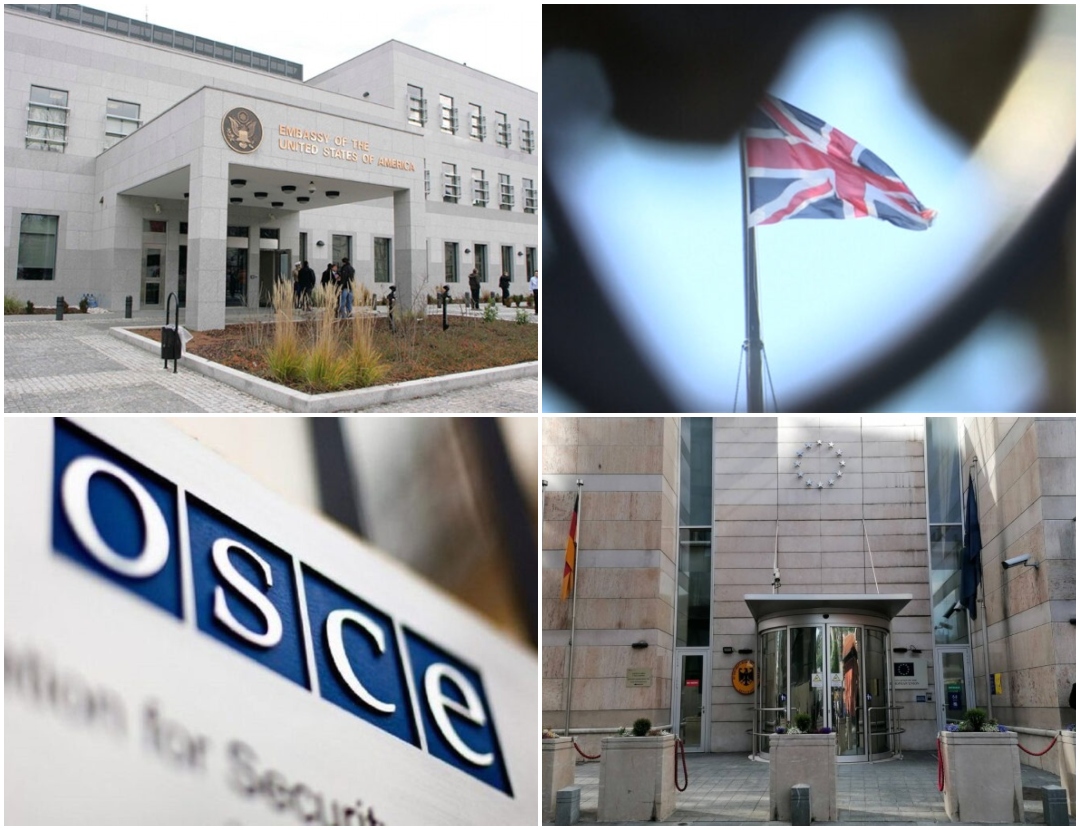
Tens of thousands of women, men, and children were raped or sexually abused during the 1992-1995 war in Bosnia and Herzegovina, and despite the passage of almost thirty years since the end of the armed conflict, only a small number of survivors have access to meaningful support or have received any form of reparation for the trauma and harm they experienced, foreign embassies in Bosnia and Herzegovina said on Monday, marking the International Day for the Elimination of Sexual Violence in Conflict.
“Today, on the International Day for the Elimination of Sexual Violence in Conflict, we stand in solidarity with everyone impacted by conflict-related sexual violence, including survivors, their communities, and those providing essential assistance,” said the press release signed by the European Delegation to BiH/the office of the EU Special Representative, OSCE Mission to BiH, British Embassy and Embassy of the United States of America in BiH.
They pointed out that sexual violence is still being used as a weapon of war around the world today, reminding that tens of thousands were victims of sexual abuse or rape during the 1992-95 war in Bosnia and Herzegovina with only a small number of them getting access to “meaningful support or have received any form of reparation for the trauma and harm they experienced.”
“Wide-spread stigma, the lack of accessible support, and the complex nature of entity and local administrative procedures discourage survivors from seeking support for themselves and for their families. Furthermore, many jurisdictions in Bosnia and Herzegovina do not legally recognise children born of conflict-related sexual violence as civilian victims, essentially relegating them to being forgotten by society and their government. Additionally, the experience of male survivors is almost entirely ignored,” the embassies stressed.
However, it was emphasised, the pioneering work of a small number of committed individuals has led to some positive developments.
“Last year, the Government of Brcko District of BiH passed landmark legislation granting individuals born of conflict-related sexual violence full legal status as civilian victims of war. Similar initiatives to provide legal recognition and protection to those born of conflict related sexual violence are already underway in other jurisdictions,” the embassies noted, adding, however, that this is insufficient and more needs to be done at the state level, particularly the implementation of the UN Committee Against Torture (UNCAT) ruling.
Namely, the 2019 UNCAT ruling requires the government to establish proper reparation mechanisms that provide all forms of redress but the initial progress to implement the UNCAT decision has stalled.
“Political turmoil must not impede Bosnia and Herzegovina’s fulfilment of its obligations towards survivors, their communities, and the wider society, and the UNCAT decision must be implemented fully, meaningfully, and without delay. Survivors of conflict-related sexual violence must be recognized and protected, and must be treated with respect, understanding, and empathy. To avoid further exacerbating the horrific harms already suffered by these individuals, governments at all levels must fulfil their legal and institutional obligations,” the embassies underlined.
Kakvo je tvoje mišljenje o ovome?
Učestvuj u diskusiji ili pročitaj komentare





 Srbija
Srbija
 Hrvatska
Hrvatska
 Slovenija
Slovenija








